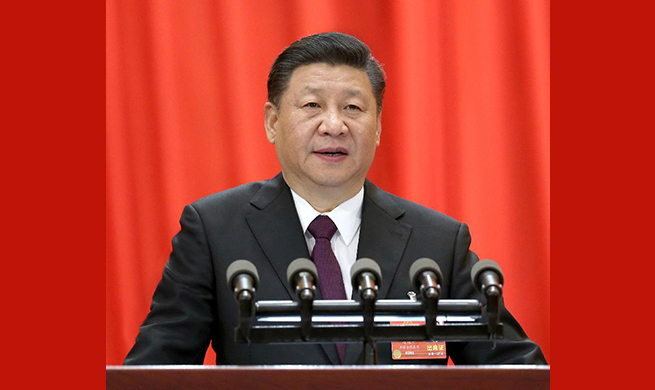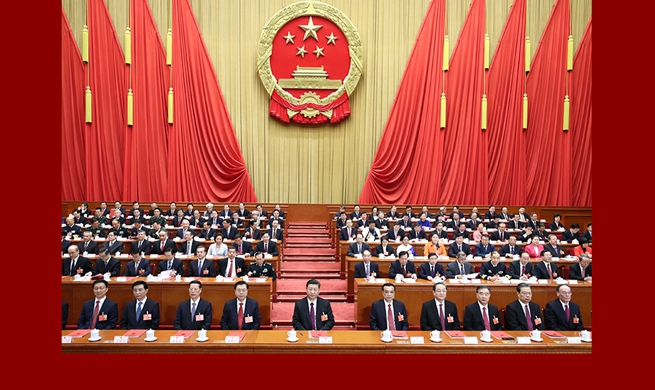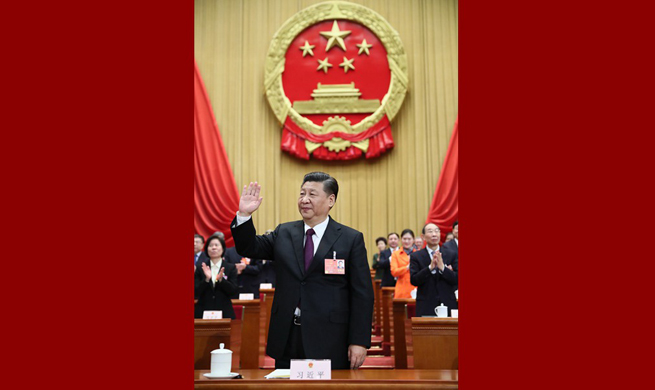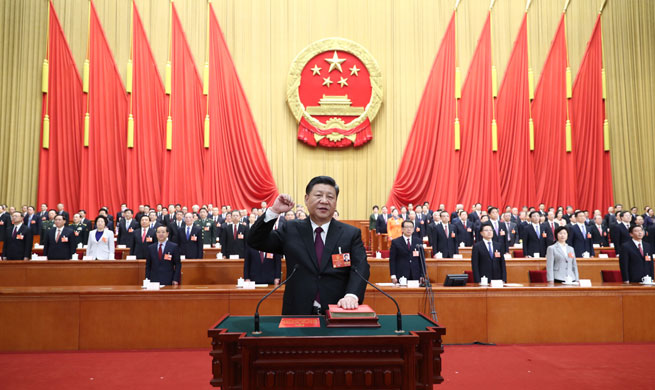CHONGQING, March 20 (Xinhua) -- Long and big-bellied Rongchang pigs provide ideal pork for a Chinese delicacy named Huiguorou, or stir-fried pork slices in spicy sauce, but the fame of the pig breed is transcending the catering industry.
Rongchang District is located in Chongqing Municipality, a sprawling metropolis in southwest China. Last month, a 17-sq-km area in the district was marked as a national hi-tech industrial and development zone.
Earlier this month, the State Council approved a total of 12 zones to be national hi-tech zones. Among them are Rongchang and Yongchuan in Chongqing, Chuxiong in Yunnan Province, Gongqingcheng and Fengcheng in Jiangxi Province, Zhanjiang and Maoming in Guangdong.
The new addition brings the total number of such zones to 168, according to the Chinese Ministry of Science and Technology.
"Most of the zones are industrial ones, and Rongchang is the first agricultural hi-tech zone nationwide," said Cao Qingyao, Communist Party secretary of Rongchang District.
Rongchang has a strong pig breeding and trading tradition. There is a live pig e-trade market in the zone.
Pig farmers, agri-companies, supermarkets and dealers trade through the platform. Last year, over 100 million live pigs were sold through the online market and total trade volume was 37 billion yuan (about 5.8 billion U.S. dollars). Its live pig turnover was about a third of the national total.
"The live pig e-market gives us pricing power. We are also developing new technologies to bring changes to traditional pig farming," Cao said.
Now 412 companies in pharmaceutical, animal feed and stockbreeding machinery have gathered in the zone.
"The status of national hi-tech zone is not only a name change for us. The administrative staff will have more power in land use, tax, fiscal policy, human resources and other areas of economic management," Cao said.
It will also mean more policy support from the central government level. For example, companies in the national hi-tech zones can seek financing through the New Third Board, which serves small and medium-sized enterprises. Companies will also see more funding and national exposure, which could help them to be pioneers in certain industries.
Many of the existing zones have proven successful and companies in these zones have created more jobs for their local areas, experts said.
"The aim of creating these zones is quality growth. These hi-tech zones could lead regional industrial upgrading and create fresh experiences to be shared," Cao said.
In applying for the national hi-tech-zone status, local government has pushed renovation of traditional industries.
Dianzhong Nonferrous Co. in Chuxiong Yi Autonomous Prefecture of southwest China's Yunnan Province, used to be an energy-guzzler and high-polluting factory. Supported by national and regional funds, it developed technology to increase efficiency in recycling copper waste.
Last year, the revenue of the company reached 6.6 billion yuan, up 15 percent year on year.
"These hi-tech zones will lead innovation and technological progress. They are hoped to be new growth engines for regional economic integration and upgrading," said Peng Diyun, a professor at Nanchang University.
















